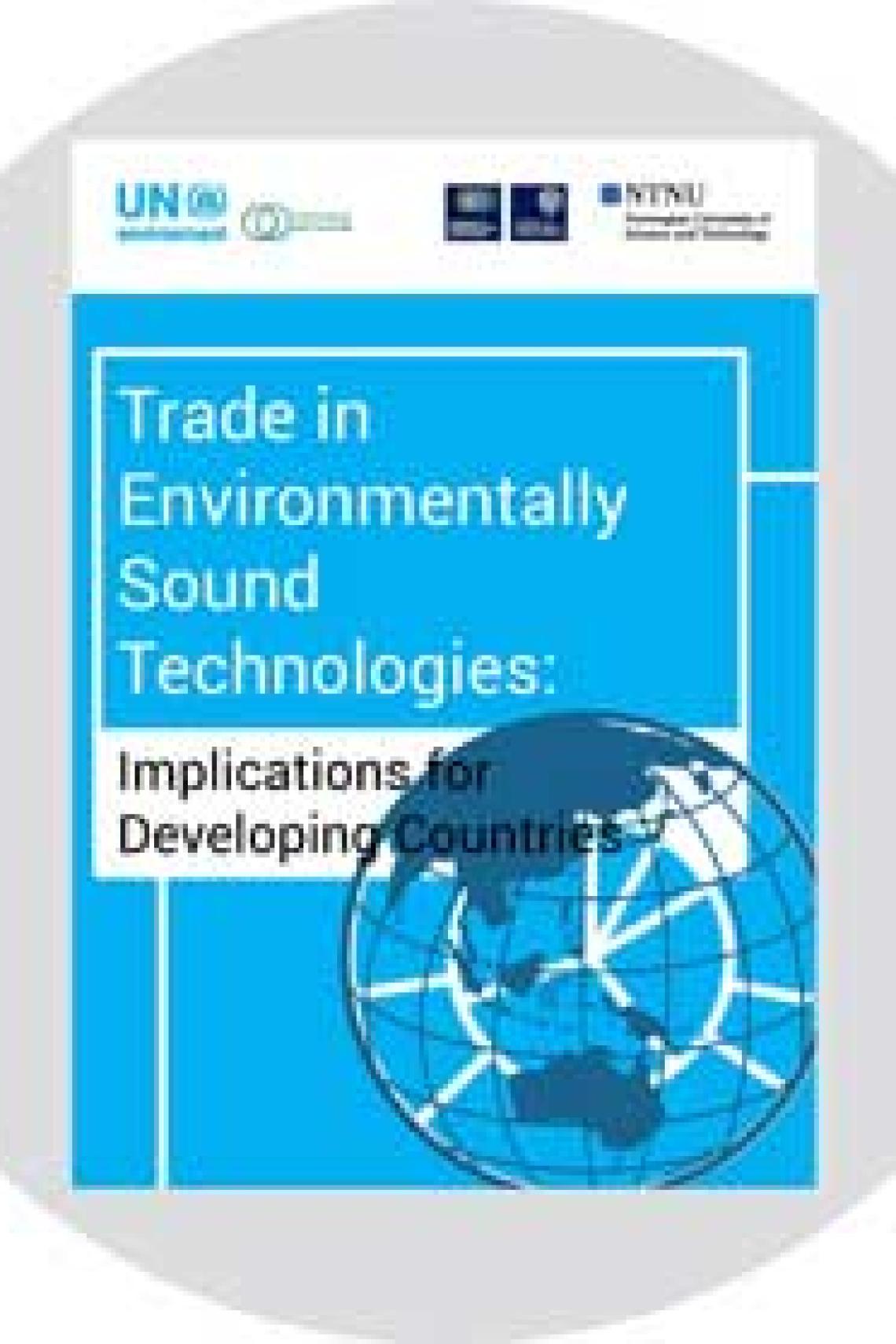Increasing trade in clean technologies holds great potential for developing countries, new report finds
Increasing trade in ‘clean’ technologies can foster income growth, job creation, and new green industries in developing countries, according to a new report by ODID, the United Nations and Norwegian researchers.
Environmentally sound technologies (ESTs), or clean technologies, are technologies that minimise environmental risk, pollution, and energy and resource use, and are essential in the fight against climate change. The report focused on five ESTs: solar photovoltaic cells, water filters, waste incinerators, gas filtering machinery, and hemp and flax fibres.
It identified developing countries that have moved from being net importers to net exporters of clean technologies by embracing international trade and investment, enabling them to build up their technological and production capacity.
As a result, new green industries have emerged as well as growth in incomes and job creation, demonstrating how trade in environmentally sound technologies can offer a ‘triple win’ – by benefitting the environment, economy and society.
The research suggests other developing countries have the potential to achieve similar outcomes with the necessary domestic policies and technological effort. It recommends that initiatives to support the trade in clean technologies at the international level should be supported by measures at the domestic level, including through capacity building and technical assistance.
The report, 'Trade in Environmentally Sound Technologies: Perspectives from Developing Countries’, was co-authored by the Technology and Management Centre for Development (TMCD) at ODID, UN Environment, and the Norwegian University of Science and Technology.
‘Through trade in clean technologies, developing countries also have access to the technologies and other intangible intellectual capital which is embedded in and transferred through the trade in these technologies’, explained Professor Xiaolan Fu, Professor of Technology and International Development at ODID and Director of TMCD. ‘This is of crucial importance for capability building and industry upgrading in developing countries’.
The report found that the value of global trade in ESTs had increased by over 60% between 2006 and 2016, and that the value of developing countries’ exports of EST goods had doubled. This was driven mostly by Brazil, Russia, India and China, which had collectively become net exporters of a number of ESTs.
‘The findings from this study offer important insights that can support and enable developing countries to objectively assess and understand the opportunities, benefits and challenges of liberalised trade in clean technologies’, Anja von Moltke from UN Environment said. ‘Investing in trade, innovation and use of clean technologies can drive sustainable development by tackling climate change, building resilience and supporting the achievement of the Global Goals and the Paris Agreement’.
However, the report stressed that not all countries are benefitting from this trade yet. It suggested that building knowledge and capacity—particularly to support the participation of the least developed countries in trade negotiations with environmental provisions—was critical to enabling developing countries to reap greater rewards from EST trade. The analysis also pointed to the importance of reducing or eliminating tariff and non-tariff barriers, which could catalyse greater participation by developing countries and drive their sustainable development.
It suggested that better data on EST trade and value chains was also needed in order to enable information-based policy-making and further analysis and research. Here, environmental credibility, accuracy, coherence and availability were

